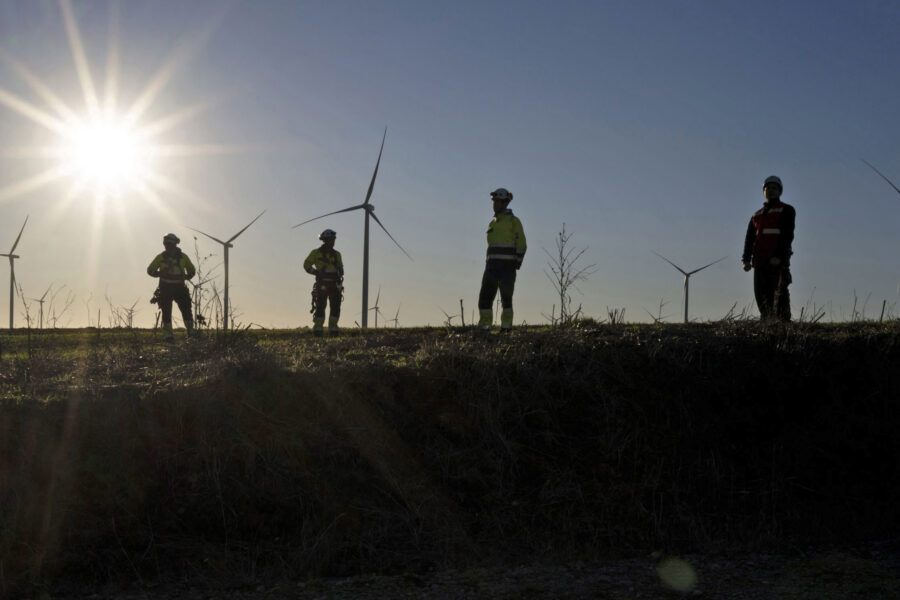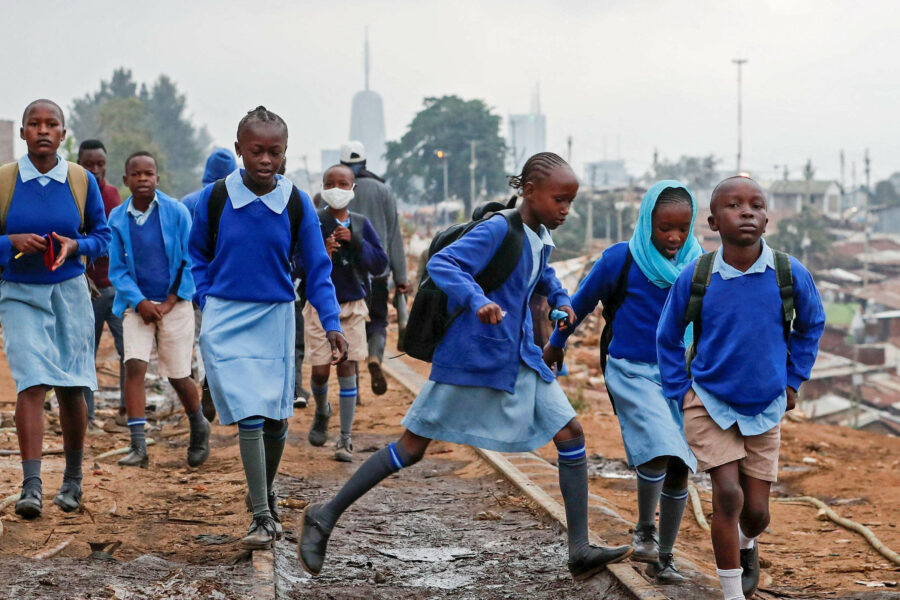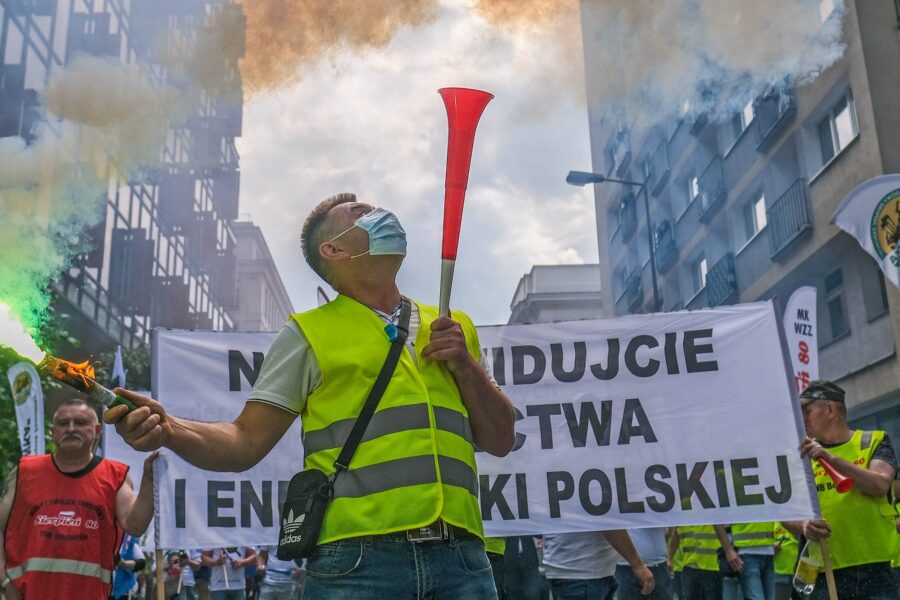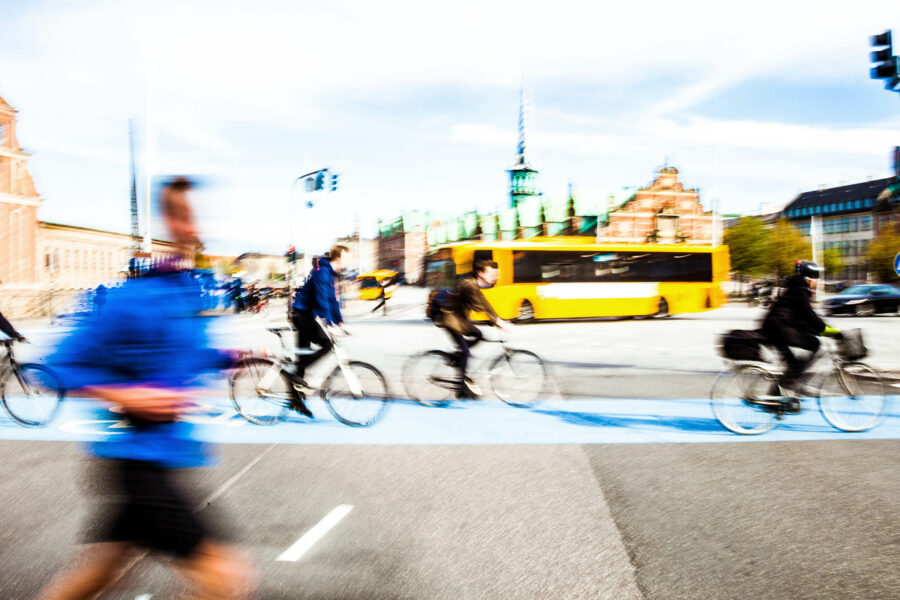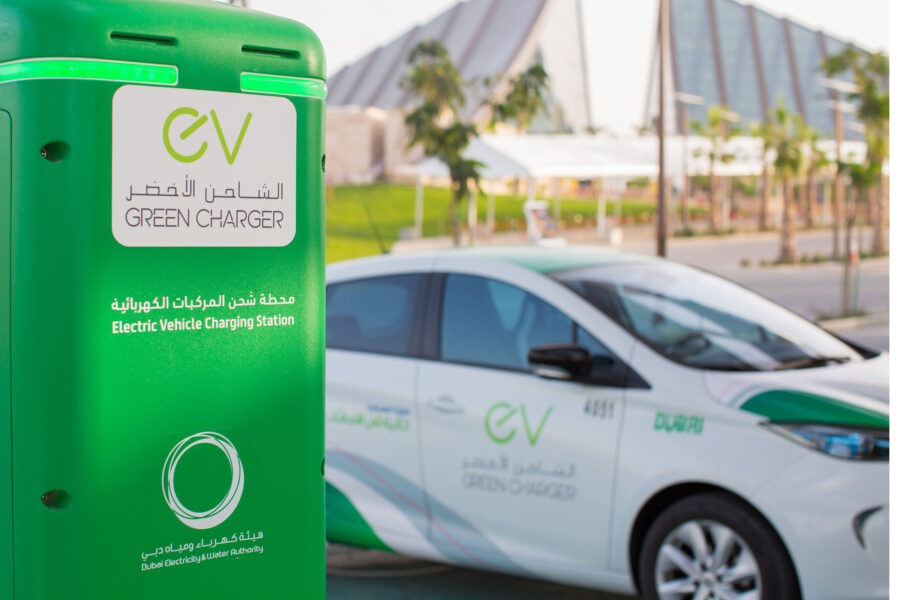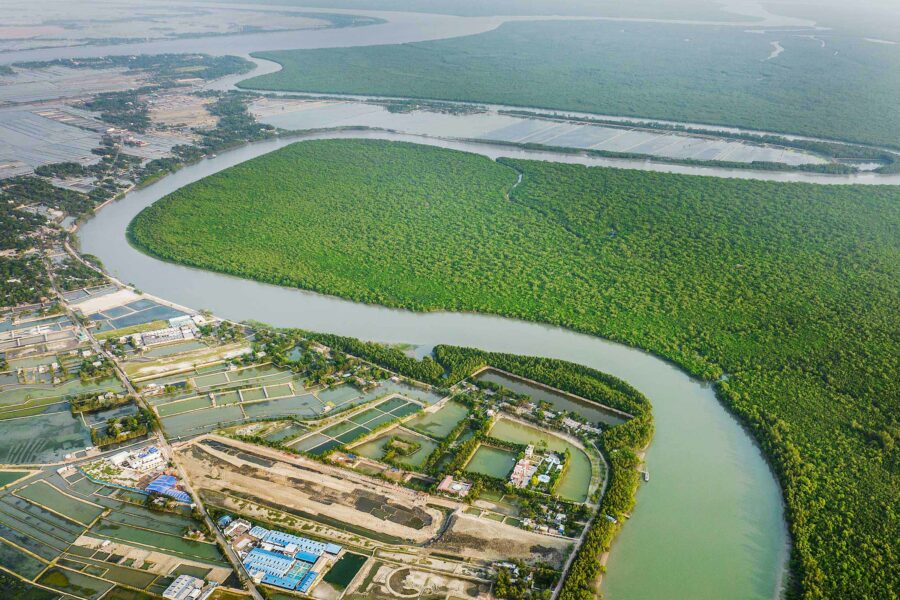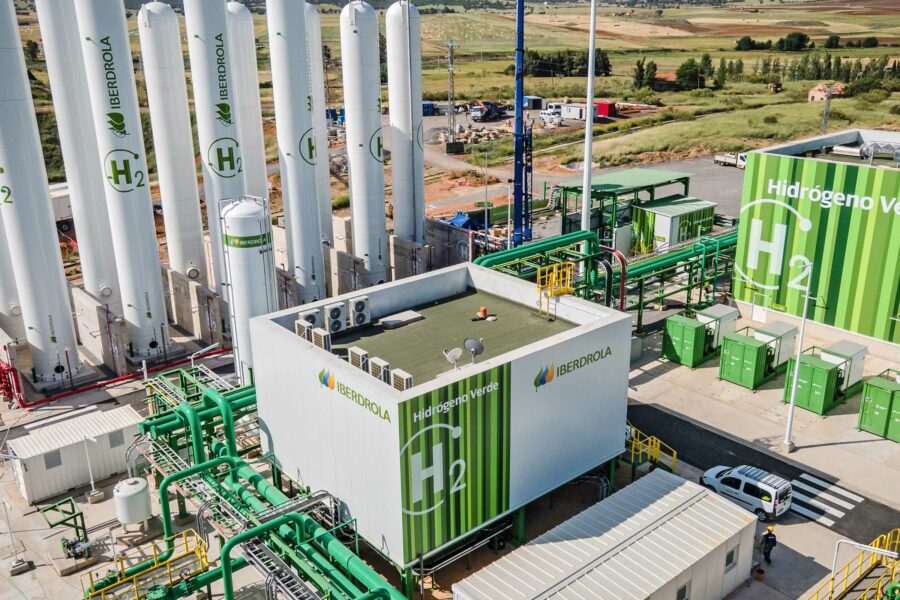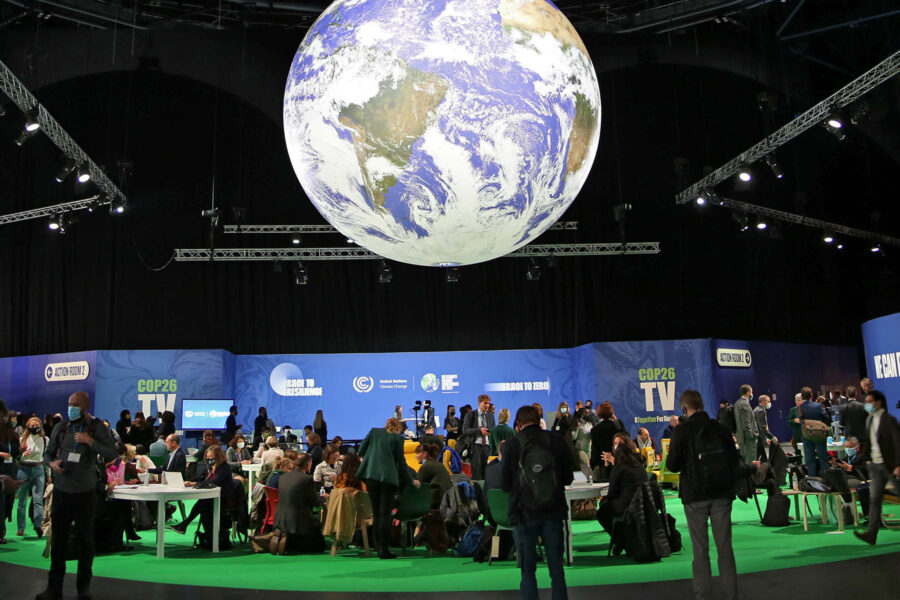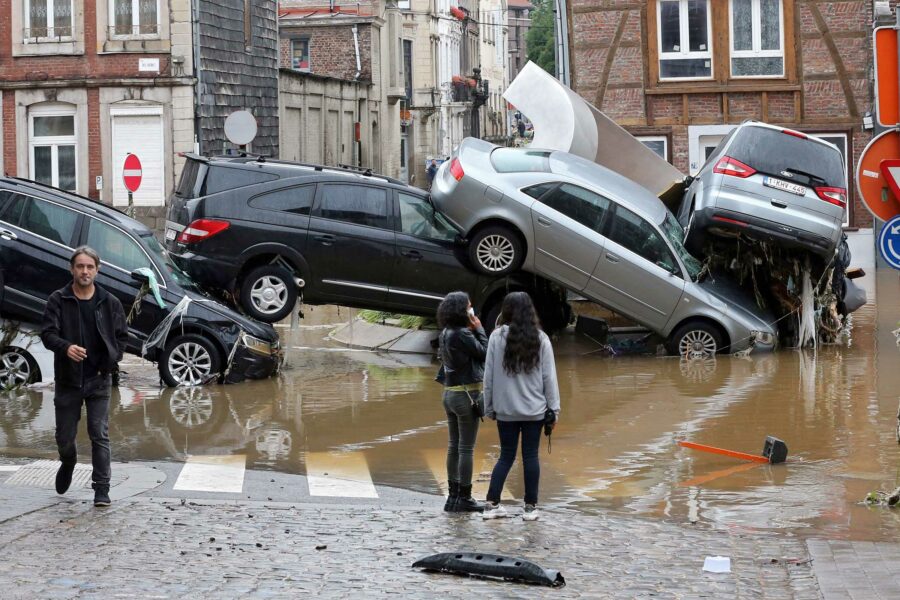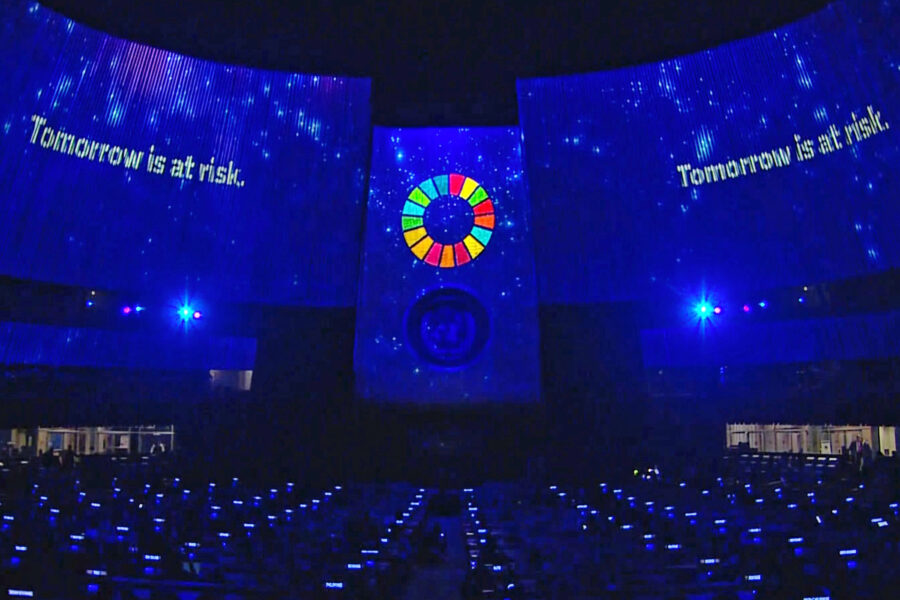Overview
The impacts of global warming are already with us. Further deterioration is now unavoidable. Since the Paris Agreement of 2015, lack of political will, a failure to deliver on commitments, or plain obstruction have all but wasted the available time to act. The stakes over who will pay the price, financial or human, have been raised: climate action must address the issue of climate justice and reparations.



